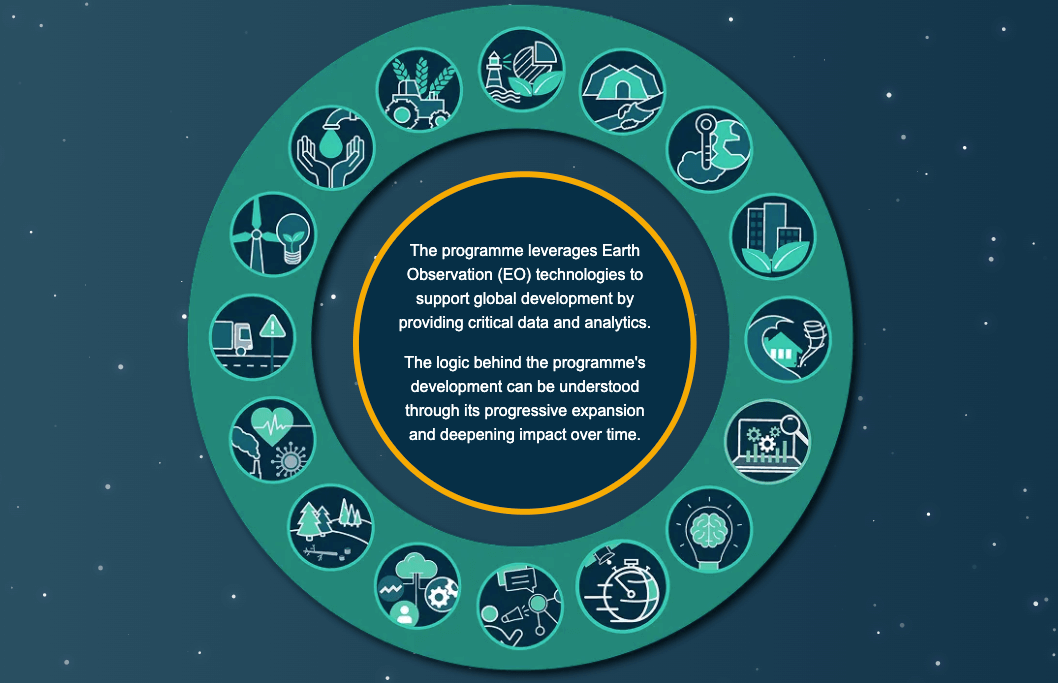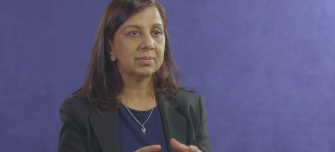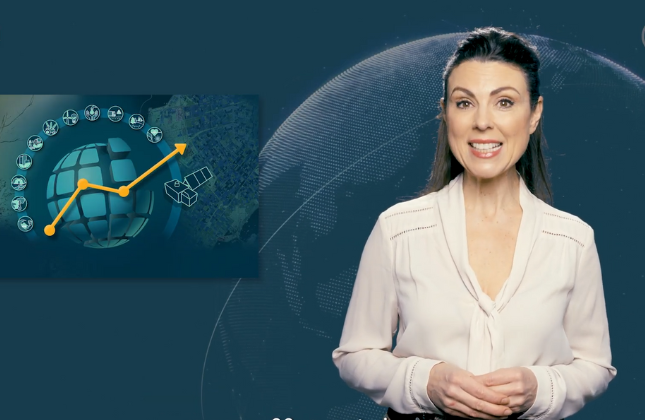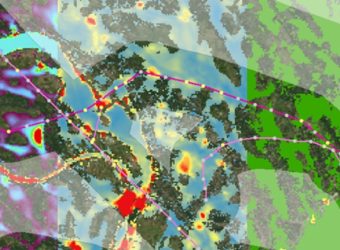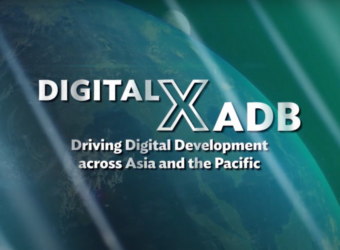The European Space Agency (ESA) Global Development Assistance (GDA) programme is a global partnership to mainstream the use of satellite Earth Observation (EO) into development operations. This GDA Status Review is completed by Caribou Space as part of the M&E and Impact Assessment (GDA M&E) activity to assess the status and progress of all GDA activities as of January 2023. It identifies lessons and consequent recommendations for GDA, related to programme processes and outcomes to maximise its potential impact. The report is available here.
Implementation of GDA
This review covers GDA activities during calendar year 2022 up to January 2023. During that period GDA has started work with seven GDA Agile EO Information Development (GDA AID) consortia, who are developing 36 distinct EO Information products for 32 projects with International Financial Institutions (IFI), including World Bank (WB), Asian Development Bank (ADB), and African Development Bank (AfDB), across 40 countries. An additional 30 products are in active discussions with IFI projects, with work expected to begin in 2023.
GDA is seen to have established its core processes effectively and efficiently in delivering the AID activities. The use of an agile methodology has helped meet user requirements, although at times asynchronous development cycles have made the activities more challenging to manage. The GDA Status Review Year 1 includes recommendations to programme processes to maximise the potential impact and effectiveness of the programme, on the following topics:
- Budgets and project management
- IFI engagement and coordination
- Handover, costs, and future uptake
Innovation is central to GDA, is valued by ESA, IFI teams and consortia, and should continue as a GDA requirement. However, ongoing clarification is needed about the expectations and boundaries of what classifies as innovation, and the balance needed between innovation and satisfying IFI needs for a (sometimes) quick-to-implement solution.
Impacts of GDA
The GDA Status Review Year 1 assesses progress towards the following long-term impacts of GDA:
Awareness – GDA has helped advance the awareness of the benefits of satellite EO for IFIs and Client States (CS) (developing country governments). This has been achieved by engaging with IFI staff on the potential use cases of EO, the ability to customise solutions, the understanding of jargon and technical knowledge, and the ways EO can be applied to specific thematic areas.
Value creation – At this point in GDA, technology development cycles are still in progress, with 11 EO Information products that have been handed over to users for their feedback. All these products still have further iterations of development cycles to go through before they are delivered to their CS users for ongoing use. Although there has been limited time for IFI staff to report on examples of value creation for their CS, those staff are optimistic and report that “there is a lot of enthusiasm” about the EO Information to be developed. In particular, the continuity and coverage offered by satellite EO have been highlighted as value anticipated by IFIs and CSs.
Mainstreaming within IFIs – Mainstreaming is the process by which EO Information becomes/is a standard input/approach available for IFI projects. There are positive signs that the foundations are being laid for long-term mainstreaming in the future. Most notably, IFI partners have already identified several opportunities where they would be interested in expanding and replicating the EO Information to new geographies. For example, several companies within the Disaster Resilience consortium (the first GDA AID) have expanded their support to the ADB via new contracts, thanks to the interactions with the IFI teams and their showcasing of the capabilities of EO data. But at this stage it is too early for the EO Information to have been incorporated widely into CS loans or procurements, which are indications of broader mainstreaming. Therefore, while this growth has been positive, it is not enough to suggest that EO Information has been “mainstreamed” within IFIs yet.
Impact within IFIs and Client States – At this stage in the programme, GDA AID activities have not progressed sufficiently to be able to assess impact of this kind, but the questions and methods used in the GDA Status Review Year 1 are designed to ensure that it is possible to identify any of these impacts should they occur in the future.
Conclusions
After just over a full year of activities, GDA has made significant achievements. During this year (2023), the first of the GDA AID activities will begin to end, and it will be possible to begin to assess the early impacts of these collaborations and the EO Information provided more concretely. At the same time, additional activities (AID and others) will be launched—creating a more comprehensive programmatic approach. Finally, it is anticipated that IFIs will increase their implementation of complementary activities that will benefit GDA and the wider Space for International Development Assistance cooperation framework.
The report is available here.
Please contact gda@esa.int with any questions.



